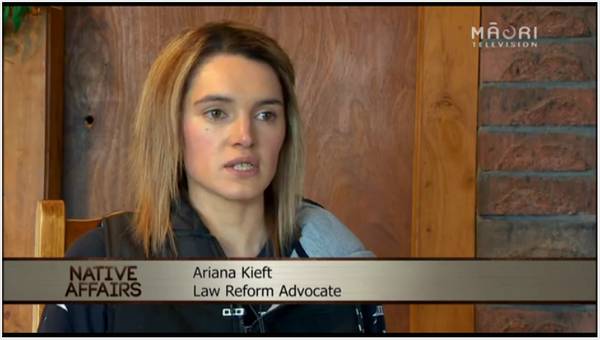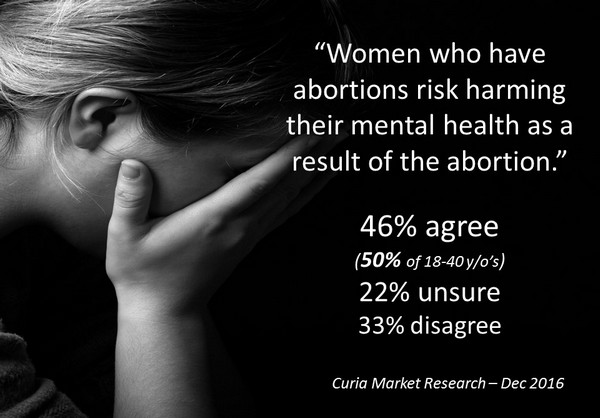Labour Wants To Remove Abortion Safeguards
Media Release 13 March 2017
Family First NZ is concerned that the Labour party wants to remove safeguards in the current abortion law which are there to protect women and children and introduce extreme abortion laws which has been shown overseas to place women at risk.
“Contrary to misrepresentation by pro-abortion groups and politicians, any New Zealand woman who has an abortion under the current legislative guidelines and protections is not committing an illegal act, and is therefore not considered a criminal. To claim otherwise is simply false scaremongering aimed at deceiving people into supporting the introduction of an extreme abortion law in New Zealand. The existing safeguards are there to protect women and children,” says Bob McCoskrie, National Director of Family First NZ.
“Abortion is also a health issue – it’s a surgical procedure that has risk factors associated with it. A sound law needs to reflect that reality, and not leave women exposed to harms, such as those recently witnessed in the criminal trial of Kermit Gosnell who was able to operate a dangerous legal abortion facility which resulted in female client death and other atrocities thanks to extreme abortion laws. Is that what the Labour party wants?”
“What is really required are laws which protect women from the Gosnells of this world, that promote informed consent and complete information about abortion and abortion-related risks, and that provide women with independent pregnancy counselling so that women can make truly informed decisions from a place of certainty and knowledge,” says Mr McCoskrie.
“The good news is that there has been a significant drop in abortions to the lowest number since 1994, and the rate will continue to drop as knowledge of the prenatal development of the unborn child increases, and as an increasingly pro-life younger generation become parents themselves. The ‘bunch of cells’ argument which has driven the right-to-abortion argument is now just ‘flat-earth science’.”
“Abortions can harm women – a fact supported by half of New Zealanders – yet pro-abortion groups refuse to acknowledge this, seeing the right to abortion more paramount than the long-term health and welfare of the women,” says Mr McCoskrie.
“Contrary to erroneous claims by pro-aborts, the Abortion Supervisory Committee has simply recommended that some of the wording in the Act which is ‘outdated and clumsy’ should be updated, should reflect ‘technological advancements’, and ironically should reinforce ‘safety, and robust consultation processes’. The report does not call for a change to the legal status of the law.”
ENDS





